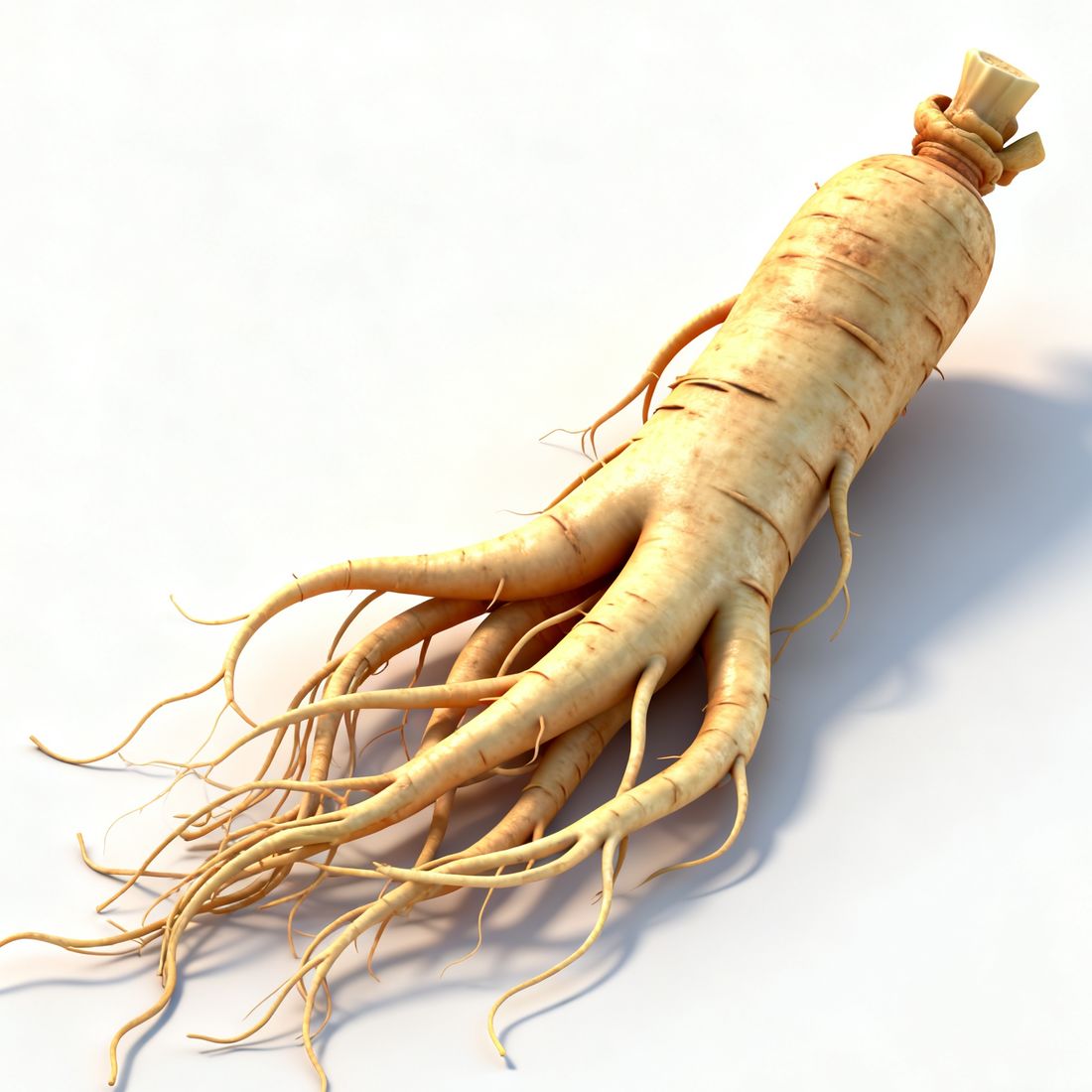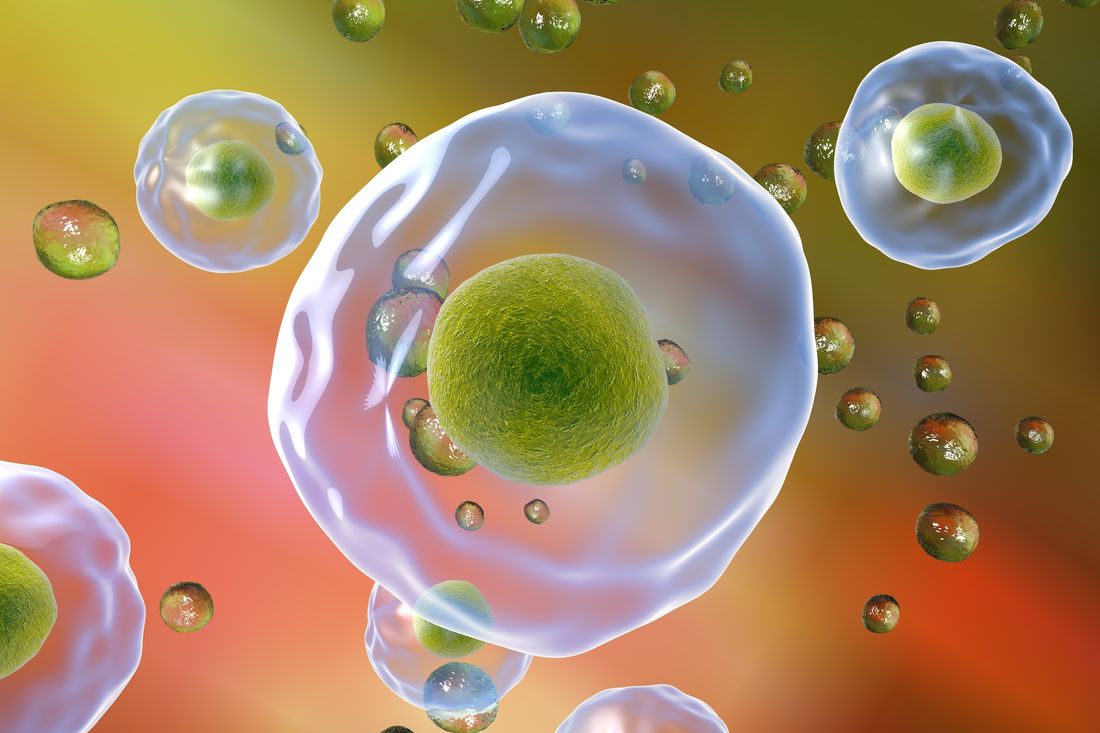Ginseng-derived Exosome Research & Application
Overview Advantages Research Potentiality Services Products FAQs
The Dawn of Ginseng-derived Exosome Research
Panax ginseng, a perennial plant native to the mountains of East Asia, has been a cornerstone of traditional medicine for millennia, revered for its purported pleiotropic health benefits, including immunomodulation, neuroprotection, and vitality enhancement. While empirical evidence has long supported its therapeutic value, the precise molecular mechanisms underpinning these effects have remained partially elusive. Contemporary cell biology has unveiled a sophisticated system of intercellular communication mediated by exosomes, among which exosomes are a prominent class. These nanoscale, lipid-bilayer vesicles are secreted by virtually all cells and function as natural carriers of a diverse cargo of bioactive molecules, including proteins, lipids, and nucleic acids.
The convergence of these two fields—traditional phytotherapy and modern molecular biology—has given rise to a compelling hypothesis: that ginseng-derived exosomes (GDEs) may act as a primary vehicle for the systemic delivery of the plant's therapeutic constituents. Investigating these plant-derived nanovesicles represents a paradigm shift from studying isolated chemical compounds to understanding a holistic, naturally formulated delivery system. This approach allows us to explore how ginseng orchestrates its complex biological effects, opening a new frontier for developing novel, nature-inspired therapeutics and cosmeceuticals.
Unlock the Potential of Ginseng Exosomes. Request Expert Guidance.
Advantages of Ginseng-Derived Exosomes
The unique properties of ginseng confer several distinct advantages upon its derived exosomes, positioning them as a highly promising platform for therapeutic and cosmetic applications.
Rich Phytochemical Payload
Unlike synthetic liposomes or exosomes from simpler cell cultures, GDEs are intrinsically loaded with the complex and potent bioactive molecules for which ginseng is renowned. This cargo includes a signature profile of ginsenosides (e.g., Rb1, Rg1), polysaccharides, and other phytochemicals that work synergistically to exert antioxidant, anti-inflammatory, and regenerative effects. The exosomal lipid bilayer provides a protective shield, preserving the integrity and bioavailability of these delicate molecules during transit.
Superior Biocompatibility and Safety Profile
As entities derived from a natural, edible plant source, GDEs exhibit exceptional biocompatibility and a reduced risk of immunogenicity compared to animal-derived or synthetic counterparts. This inherent safety makes them ideal candidates for topical applications, such as in skincare, and holds significant potential for future systemic therapeutic use.
Inherent Cellular Uptake Mechanisms
GDEs possess a surface composition that facilitates efficient interaction with and uptake by mammalian cells. This intrinsic ability to cross biological barriers and deliver their cargo directly into the cytoplasm of target cells makes them highly effective delivery vehicles, potentially surpassing the efficiency of many artificial nanoparticle systems.
Scalability and Sustainability
Leveraging advanced agricultural and biotechnological techniques, the production of ginseng can be scaled to meet commercial demands. This allows for the sustainable and consistent sourcing of raw materials for large-scale GDE isolation, a critical factor for clinical translation and market supply.
Accelerate Your Research with Nature-Inspired Nanovesicles. Get in Touch Today.
Decoding the Science: Groundbreaking Research and Validated Efficacy
The scientific community is rapidly accumulating evidence supporting the therapeutic efficacy of GDEs across a range of biomedical applications. Seminal studies have begun to map their mechanisms of action at the cellular and molecular levels.
|
Validated Function
|
Key Mechanism
|
Observed Effects
|
Potential Applications
|
|
Immunomodulation & Anti-Tumor Activity
|
GDEs reprogram the tumor microenvironment (TME) by inducing TAM polarization from M2 (immunosuppressive) to M1 (pro-inflammatory, anti-tumor)
|
- Enhanced innate immune response against cancer cells- Inhibition of melanoma and glioblastoma growth- Increased M1 macrophage infiltration in tumor tissues
|
Standalone immunotherapies; Adjuvants to checkpoint inhibitors (e.g., PD-1 mAbs)
|
|
Tissue Regeneration & Anti-Aging
|
Stimulate fibroblast and keratinocyte proliferation, collagen synthesis, angiogenesis; downregulate senescence markers; inhibit melanogenesis
|
- Accelerated wound healing- Reduced skin aging markers- Decreased hyperpigmentation
|
Dermatology; Regenerative medicine; Anti-aging cosmeceuticals
|
|
Neuro-Regenerative Potential
|
Promote BMSC differentiation into neurons; recruit stem cells to injury sites via chemotactic signaling; activate PI3K/RAS pathway
|
- Enhanced neural differentiation- Accelerated nerve repair- Stem cell recruitment
|
Neuroregenerative therapy; Treatment of neural injuries
|
|
Skeletal Health
|
Deliver ginsenosides Rb1 & Rg1; inhibit osteoclast differentiation by blocking RANKL signaling
|
- Reduced bone resorption- Improved bone metabolism
|
Osteoporosis therapy; Bone health management
|
Explore the Science. Empower Your Innovation. Schedule a Consultation.
Unlocking a World of Applications: The Therapeutic and Cosmetic Horizon
The existing body of research strongly indicates that GDEs are not merely a scientific curiosity but a platform with vast translational potential. Their future applications are poised to span multiple high-impact fields:
 Advanced Cosmeceuticals
Advanced Cosmeceuticals
As a raw material for skincare, GDEs offer a multi-functional solution for anti-aging, skin barrier repair, and brightening, backed by mechanistic evidence.
 Oncology
Oncology
GDEs could be developed as next-generation immunotherapies for "cold" tumors, sensitizing them to conventional treatments. They also hold promise as natural, biocompatible drug delivery vehicles for targeted chemotherapy.
 Regenerative Medicine
Regenerative Medicine
Applications in chronic wound care, nerve injury repair, and musculoskeletal disorders are highly plausible, offering a cell-free alternative to stem cell therapy.
 Nutraceuticals
Nutraceuticals
Encapsulating ginseng's benefits in a highly bioavailable exosomal form could lead to a new class of sophisticated dietary supplements for immune support and overall wellness.
Transform Your Research with Ginseng-Derived Exosomes. Talk to Our Specialists.
Our End-to-End Exosome Development Services
At Creative Biolabs, we bridge the gap between discovery and application. We offer a comprehensive, end-to-end service portfolio for researchers and developers working with GDEs and other plant-derived exosomes.
We employ state-of-the-art, proprietary techniques to isolate high-purity, intact GDEs at both research and commercial scales.
Quality and consistency are paramount. Our characterization services include nanoparticle tracking analysis (NTA) for size and concentration, transmission electron microscopy (TEM) for morphology.
To uncover the mechanism of action, we provide in-depth profiling of the exosomal cargo, including proteomics (protein analysis) and transcriptomics (RNA analysis).
We support our clients' research with a wide array of functional assays and disease models to validate the therapeutic potential of GDEs in areas like immunology, dermatology, and neurology.
From Bench to Breakthrough — Let's Design Your Next Discovery Together.
Skincare-Ready Ginseng Exosome Products
Creative Biolabs is proud to offer highly purified and well-characterized ginseng exosome products, available for immediate use.
For Scientific Research
Our research-grade GDEs provide a standardized, reliable reagent for academic and industrial labs, eliminating the time-consuming process of in-house isolation and characterization, thereby accelerating research timelines.
We provide GDEs as a premium, bioactive raw material specifically tailored for the cosmetics industry. These products leverage the potent antioxidant and regenerative properties of ginseng for use in advanced anti-aging and skin health formulations.
Contact Us to Order or Customize Ginseng Exosome Products.
FAQs
Q: What are the core advantages of ginseng-derived exosomes compared to traditional ginseng extracts?
A: The core advantages lie in bioavailability and targeted delivery. While traditional ginseng extracts are rich in active ingredients like ginsenosides, they may face challenges such as degradation, low skin permeability, or premature metabolism in the body during application. In contrast, ginseng-derived exosomes, as natural nanoscale vesicles, have a phospholipid bilayer structure that perfectly encapsulates and protects these active ingredients from environmental damage. More importantly, the surface molecules of exosomes allow them to be efficiently recognized and endocytosed by skin cells or target cells, acting like "intelligent couriers" to deliver the active substances directly and completely inside the cells to exert their effects. Therefore, compared to an equivalent amount of active ingredients, the exosome delivery method can achieve an exponential increase in efficiency and effectiveness.
Q: What distinguishes ginseng-derived exosomes from synthetic nanoparticles like liposomes?
A: While both are nanoscale vesicles, GDEs possess a biological complexity that synthetic systems cannot replicate. They come pre-loaded with a synergistic cocktail of bioactive molecules and have a natural surface architecture optimized for cellular interaction and uptake. This results in potentially higher efficacy and superior biocompatibility.
Q: How does Creative Biolabs ensure the consistency and quality of its GDE products?
A: We adhere to stringent quality control protocols at every stage. This includes standardized sourcing of Panax ginseng, validated isolation procedures, and multi-modal characterization of every batch. We provide a Certificate of Analysis detailing particle size distribution, concentration, and morphology to ensure reproducibility for our clients.
Q: Can ginseng-derived exosomes be engineered to carry a specific therapeutic cargo?
A: Yes, this is an exciting area of development. The native GDEs can serve as a scaffold that can be loaded with exogenous molecules, such as small molecule drugs, siRNAs, or other biologics, using techniques like electroporation. Our team at Creative Biolabs can provide expert consultation and services for such custom development projects.
Experience the Power of Ginseng at the Nanoscale. Let's Collaborate.
For Research Use Only. Cannot be used by patients.
Related Services:












